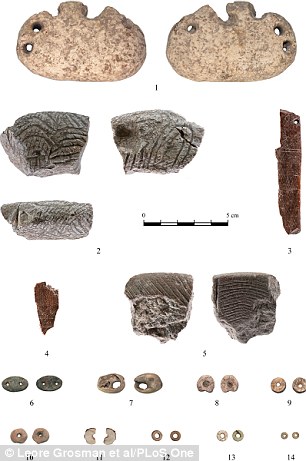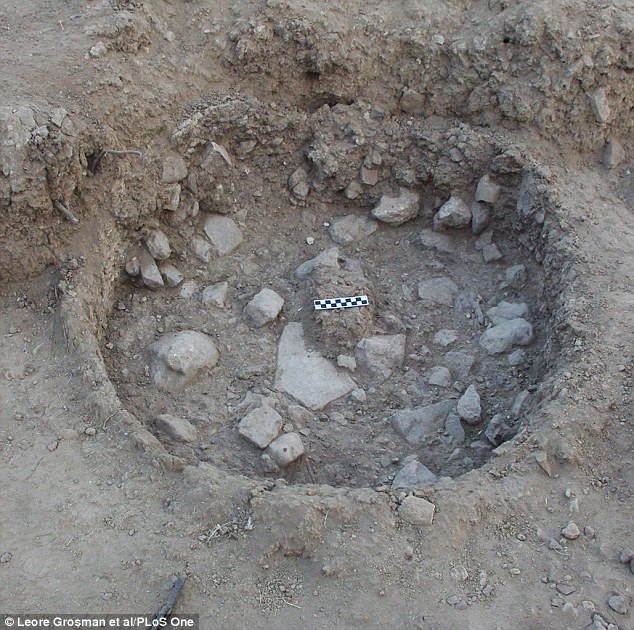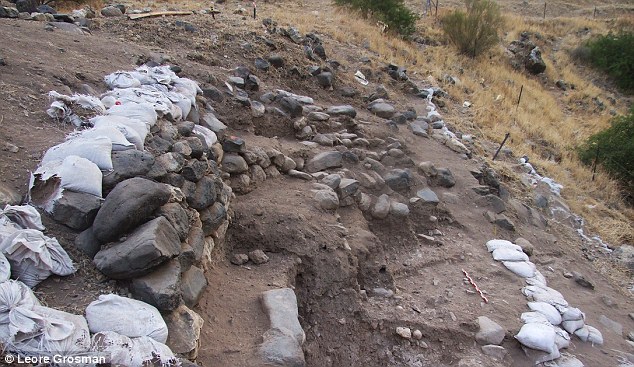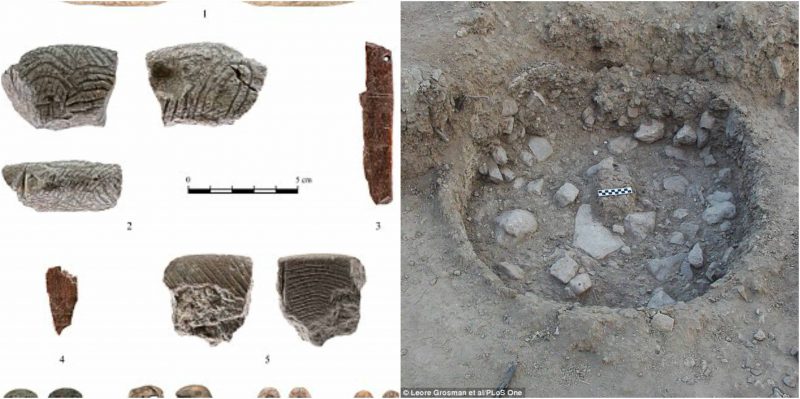One of the most significant indicators that define human developmental stages in terms of culture and civilisation is the shift from the Palaeolithic era to the Neolithic age. This simply is not the case of a lifestyle choice, in which humans collectively (but gradually) decided to make a transition from a more challenging hunter-gatherer lifestyle to a rather easier and secure agricultural existence, rather it has much more complex and multifaceted implications, even to this day.

Archaeologists are now convinced that they have conclusive evidence to believe that they have discovered that subtle shift of human endeavour; a community of people who lived hunter-gatherers and as farmers. Archaeologists found the remains of a village, located on the eastern shore of the Galilee Sea, belonging to a prehistoric community of people called Natufian, who existed around 12,000 BC. The discovery is considered highly significant in terms of understanding the characteristics of this dual existence.
The breakthrough came for the archaeologists working on the sites when they discovered the sign of permanence in the settlement. Prehistoric hunter-gatherers assumed a more mobile way of life since hunting animals required agility and tracking for miles. Almost all the findings concerning hunter-gatherers, point towards the fact that those people never really thought of a permanent dwelling. However, the Natufian village discovered by the archaeologists from the Hebrew University in Jerusalem exhibits all the signs of permanence, hence suggesting a major shift in the lifestyle of the community.
Natufian culture is believed to have existed between 12,000 BC and 9,500 BC in the Levant region and was previously conceived to be mainly late Palaeolithic civilisation. However, later findings indicated that there is some evidence suggesting that Natufian’s people may also have lived as farmers in the later part of their existence.


According to the archaeologists and anthropologists, one of the main reasons for this shift of lifestyle could have been the climate change. The weather in the Levant region could not have been suitable anymore for the hunter- gatherer Natufian, forcing them to migrate elsewhere and adopt a more feasible nomad way of life instead. However, experts believe that there must have been some people who decided to stay back and those were the people who formed the first farming community.
Among the ruins, archaeologists discovered a plethora of artefacts including small-scale weapons and jewellery. This is another aspect which is suggestive of the fact that the Natufian had moved on from hunting and adopted a much more laid back and peaceful way of living. Natufian people wilfully changed the course of human history and put humanity into an entirely new era of agriculture. There is evidence that they experimented with various crops and were possibly the first humans to farm cereals.
Source: http://www.dailymail.co.uk/sciencetech/article-3454359/Were-world-s-farmers-Stone-Age-village-dating-12-000-years-uncovered-Sea-Galilee.html
